Florida Supreme Court Amends Foreclosure Forms
The Florida Supreme Court recently amended the Florida Rules of Civil Procedure and released new forms for use in residential mortgage foreclosure actions to expedite the foreclosure process in accordance with legislative initiatives.
On January 14, 2016, the Florida Supreme Court affirmed amendments to the Florida Rules of Civil Procedure and released new and updated forms for use in residential mortgage foreclosure actions following legislative efforts to expedite the foreclosure process.
The court's order coincides with legislative changes to sections 702.015 and 702.10 of the Florida Statutes, which provides pleading requirements for mortgage foreclosure complaints to ensure the:
Plaintiff's initial status to commence a foreclosure.
Facts supporting the plaintiff's status to institute a foreclosure.
Availability of documents needed for the prosecution of the foreclosure.
Background
The Civil Procedure Rules Committee filed a report proposing amendments to the Florida Rules of Civil Procedure in response to legislative actions that created section 702.015 of the Florida Statutes. The committee proposed changes to existing forms and created new forms to bring the foreclosure process into conformity with the new law.
On December 11, 2014, the Florida Supreme Court issued an opinion in favor of adopting the proposals, but provided a 60 day comment period. Many comments were received, leading to responses from the committee that contained further amendments to the rules and forms.
Rule Amendments
The amendments under Rule 1.115 govern pleading requirements in residential foreclosure actions where the plaintiff:
Is the holder of the original promissory note secured by the mortgage.
Delegates authority to institute an action on behalf of another who is entitled to enforce the note.
Seeks to enforce a lost, destroyed, or stolen note.
The rule amendments clarify that the mortgage or lien being foreclosed must be secured by a promissory note. Also, the rule changes reinforce the need for adequate protection if the note is lost, destroyed, or stolen.
Form Amendments
The amended forms include:
Form 1.944(a). This form is used when the location of the original note is known. The form is amended to address delegated authority to foreclose on behalf of a non-holder of the note. The amendments require that the plaintiff:
allege specific facts that entitle the non-holder to enforce the note; and
specify the documents that give the plaintiff the authority to act on behalf of the non-holder.
Form 1.944(b). This form is used in mortgage foreclosure actions where the location of the original note is unknown (whether lost, destroyed, or stolen). The form provides options that the plaintiff must select depending how the plaintiff obtained authority to foreclose. The amendments create two new options for when the plaintiff is delegated authority by a person who was entitled to foreclose when the note was lost and when the plaintiff is delegated authority by a person or entity that directly or indirectly acquired ownership of the note from a person entitled to foreclose when the loss of possession of the note occurred. The amendments require the plaintiff to:
allege specific facts why it was entitled to enforce the note when the note was lost;
state facts why it was delegated authority to foreclose by the holder of the original note who lost the note; and
attach documents evidencing the delegation of authority to foreclose.
Form 1.944(c). This is an order to show cause for entry of final judgment of foreclosure. The amendment removes the notification about homestead exemptions for service by publication.
Form 1.944(d). This is an order to show cause to be issued following the filing of the motion for an order to show cause. The amendment removes the finding about homestead exemptions.
Practical Implications
Real estate foreclosure counsel practicing in Florida should be aware of the amendments and ensure that their forms are updated in accordance with the court's opinion. The full text of the amended forms are attached to the court's opinion.
IF YOU HAVE QUESTIONS ABOUT FORECLOSURE LAW OR WOULD LIKE TO HIRE US TO HANDLE A FORECLOSURE MATTER ON YOUR BEHALF, PLEASE CONTACT US TO SPEAK DIRECTLY WITH AN ATTORNEY.
Because of the generality of this update, the information provided herein may not be applicable in all situations and should not be acted upon without specific legal advice based on particular situations. Prior results do not guarantee a similar outcome.
Data Source: PLC
